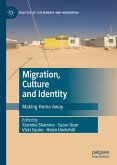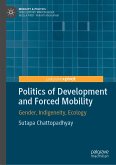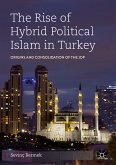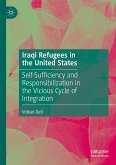The majority of those whom we call "new-exile intellectuals" today have relocated generally to Western Europe, Great Britain, the United States, and especially to Germany. This new wave of political forced migration, which started in the aftermath of the Gezi uprisings and gained momentum following the coup attempt, has been defined by the editors of the book as "new-exile"', in order to draw a framework, as it has some unique characteristics different from the previous waves. The fundamental property of this experience is the simultaneous mobilization of intellectual capital and (bi-polar) opposition. This oppositional stance is both against the dominant global order and against German-style authoritarianism as well as Turkish-style fascism. It is bi-polar in the context of exile. The form of the opposition in question has the ability to take root in the lands it arrives at. It does not point towards a single direction (forward or backward) and a single place (the place it was ruptured); it is here/now and multidirectional. This state of new-exile bears the efforts of existing critical knowledge and art producers in the "heim" to which they have relocated, as critical knowledge and art producers are opposed to the dominant world system as well as to fascism in Turkey. As political subjects of the resistance against authoritarianism, they are continuously and collectively fighting against the structural fate of displacement.
As both subjects and researchers of this current state of new-exile, it is our primary responsibility to understand and produce knowledge of these intellectuals' responses in this new life, to monitor the creation processes of the new mechanisms to cope with the challenges, and to understand/investigate the effects of all these on the transnational social space. We have tried to determine the content of this book based on our own experiences as new-exiled intellectuals. We believe that in this period of new-exile we are subjects and witnesses of a historic period due to our individual struggle for existence as well as our modes of organization and solidarity as a group of new-exiled intellectuals. On one hand, we know that while transforming ourselves, we pave the way for mutual interaction and the transformation of the structures in which we relate.
This is precisely why the motivation behind the idea of compiling this book, lies not only in academic concerns such as analyzing the process and contributing to the literature on new-exile, but also in keeping a record of our own stories, creating memories of our new-exilic lives, strategies of existence/solidarity and experiences of activism, and in sharing them with intellectuals around the globe who face the same fate. We believe that this book with academic analyses and personal stories of new-exile intellectuals from different professions will also serve as a guide for the steps towards transnational collaborations.
Dieser Download kann aus rechtlichen Gründen nur mit Rechnungsadresse in A, B, BG, CY, CZ, D, DK, EW, E, FIN, F, GR, HR, H, IRL, I, LT, L, LR, M, NL, PL, P, R, S, SLO, SK ausgeliefert werden.









